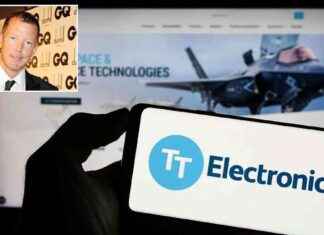The last shutdowns of German coal-fired power plants are planned for 2038. The energy group LEAG is therefore increasingly investing in renewable energies. In this way, millions of households can be safely supplied with ecological electricity.
The energy company LEAG is sticking to the statutory phase-out of coal by 2038 and at the same time wants to invest more in the expansion of renewable energies. The slogan is: “First expansion, then exit. We stand by that,” said Leag board member Thorsten Kramer during a visit by Federal Minister of Economics Robert Habeck in Lusatia. Among other things, the Greens politician had informed himself about the status of the ongoing transformation of the largest East German energy company and the necessary framework conditions for the conversion.
“We have a common goal: the conversion to renewable energies with simultaneous security of supply,” said the LEAG board of directors to Habeck. Politicians have a duty to keep their promises and create reliable framework conditions. Kramer assumes that the coal-fired power plants will continue to run for some time. “We at LEAG have done our homework,” emphasized the LEAG board at the same time, with a view to the company’s major project to set up the largest German center for renewable energies in Lusatia.
With an output of seven gigawatts, four million households could be safely supplied with ecological electricity in the future. The photovoltaic and wind systems are to be implemented by 2030 on the former mining areas in the region. “I think the sensible discussion that needs to be had is an economic one,” said the Federal Minister for Economic Affairs. This would result in assumptions for the next seven years.
During this time, the question will arise as to what is calculated. “We only touched on that today, but there are other spaces where we can talk about it,” stressed Habeck, with a view to the debate about an early coal phase-out in 2030 in the east as well. Despite sticking to the legally fixed coal phase-out in 2038, LEAG will invest in renewables. “That’s a strong, encouraging sign,” said Habeck.







